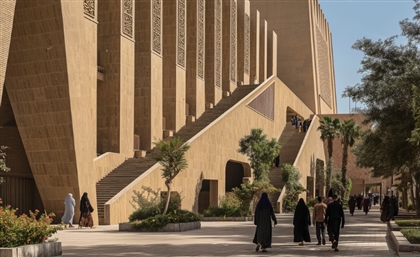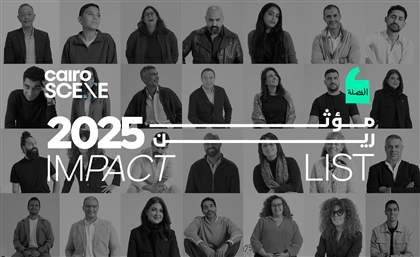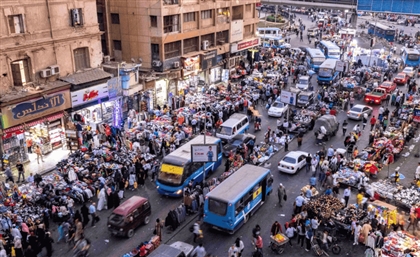Entlaq’s New Report Explores the Potential of Egyptian Agri-Tech
Cairo-based think tank Entlaq has released a new report that demonstrates the promising future of the Agri-Tech sector.
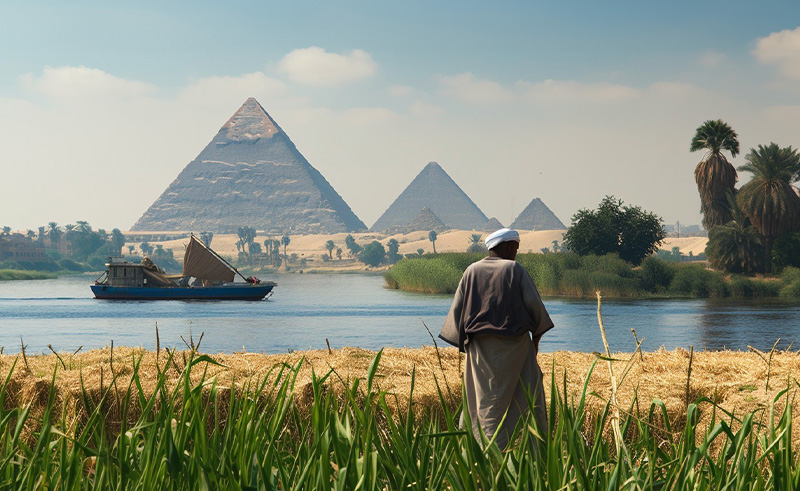
Egypt’s Agri-Tech sector stands at the forefront of a promising transformation, ready to boost the country’s agricultural productivity and economic resilience. This is the focus of a recent report, ‘The Untapped Potential of The Egyptian Agri-Tech Sector’ by Cairo-based think tank Entlaq, which offers a thorough analysis of the sector's current landscape, challenges and significant growth potential. Supported by primary data collection, interviews and an extensive online survey, this report provides stakeholders with a nuanced understanding of the opportunities Agri-Tech presents to Egypt’s broader agricultural ecosystem.
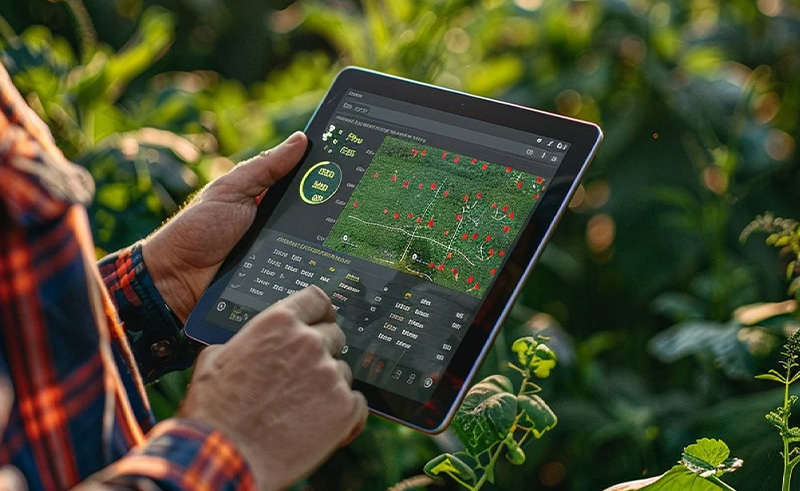
Agriculture is a vital contributor to Egypt's economy, providing 11.6% of GDP and employing 18.1% of the workforce, especially in rural areas. Recognising this, the Egyptian government has committed LE 116.6 billion for the 2023/2024 fiscal year to promote agricultural development. With the introduction of Agri-Tech, annual investments are projected to grow by 30%, targeting advanced solutions that improve crop yields and sustainability. Through digital tools, farmers gain real-time access to market prices, weather data and resources, which reduces losses and increases profits. Self-sufficiency in critical crops like wheat is also a priority, with a target to reach 70% by 2030, which reflects the strategic importance of Agri-Tech in achieving national food security.
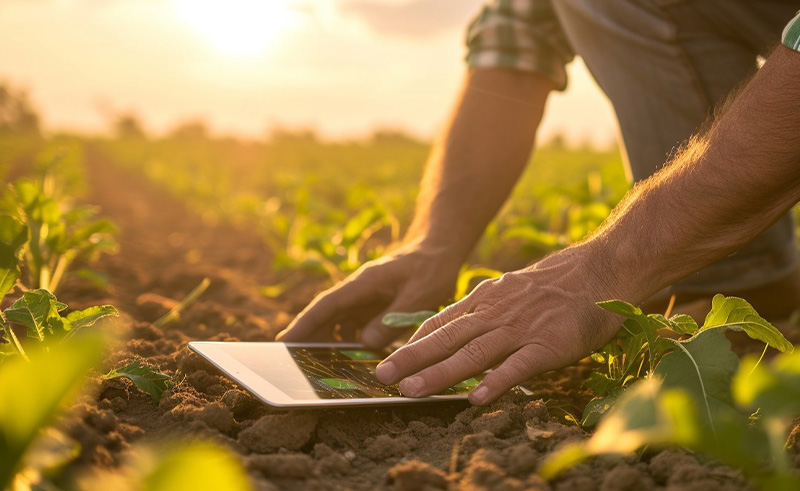
The private sector plays an increasingly important role, projected to contribute 44% of total agricultural investments. Startups, in particular, are key to the Agri-Tech transformation, with the sector seeing 30% annual growth in venture capital funding. This growth has been ongoing despite macroeconomic uncertainties that can affect investor confidence. The increasing demand for technological solutions to tackle Egypt’s agricultural challenges continues to attract investment. Key innovations include smart farming and IoT platforms, which enhance data-driven agriculture, as well as AI applications, hydroponics, and urban farming technologies that address land and resource constraints.
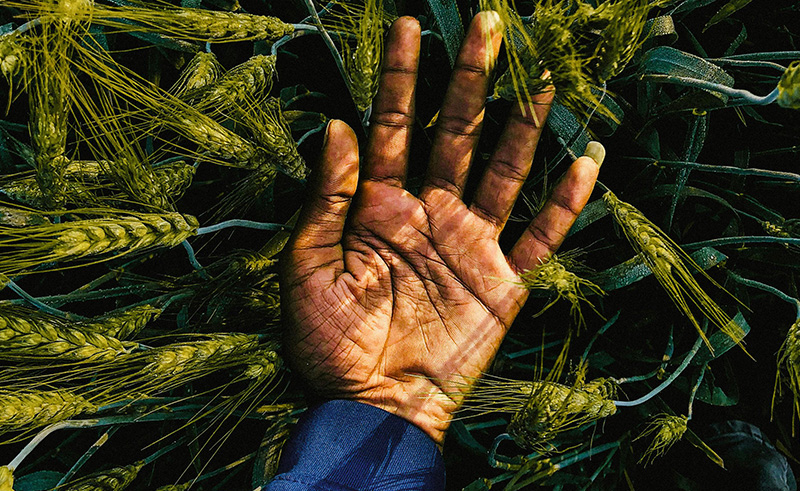
While opportunities abound, Egypt's Agri-Tech sector still faces considerable challenges. Limited access to market data leaves farmers vulnerable to pricing manipulation, and financing options remain scarce for smallholders due to lengthy loan procedures. The government’s Meeza card and microfinance programs aim to bridge this gap by offering alternative funding solutions. Additionally, the sector relies heavily on informal labor, which lacks formal training and job security. These factors restrict productivity and hinder the adoption of advanced technologies like automated harvesting.
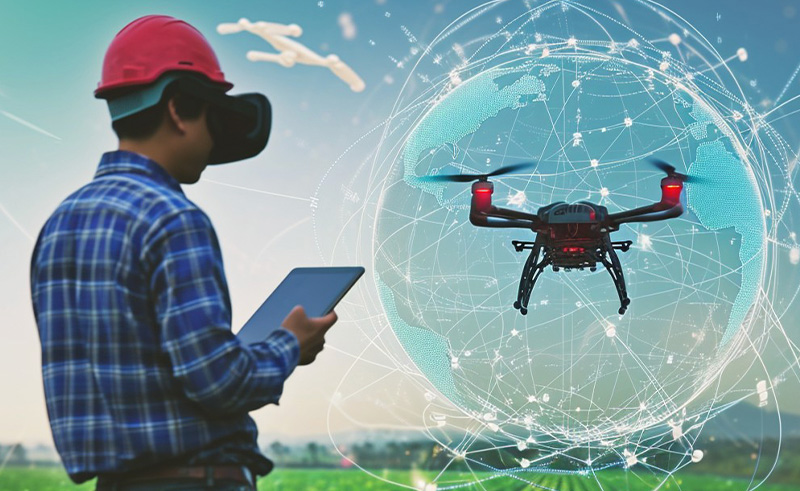
Resource scarcity is another pressing issue, especially with water limitations influenced by climate change and regional water usage. The government is addressing this through water management initiatives like wastewater recycling and desalination projects. Moreover, post-harvest losses are high, with inadequate storage facilities leading to losses of up to 45%. Modern storage infrastructure is essential to preserve food supply, maximize profits, and meet the growing demand for Egyptian exports, which are expected to reach $14 billion by 2030.
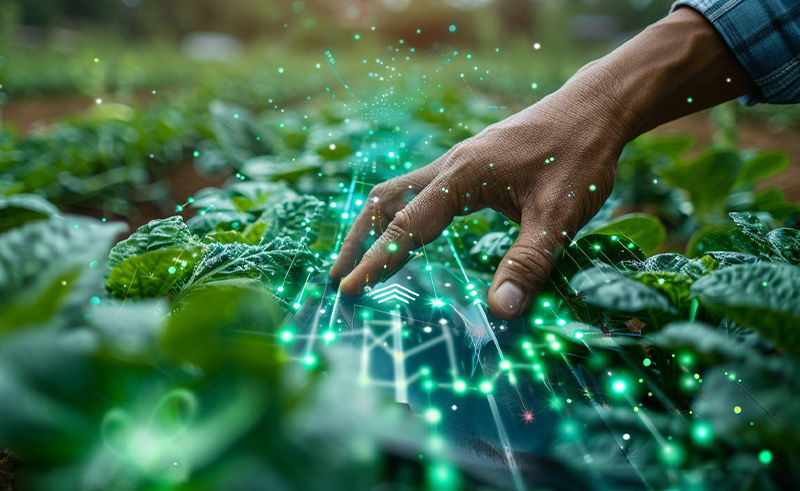
Looking ahead, Egypt’s Agri-Tech sector is poised to generate over 50,000 jobs by 2030, foster rural development and position Egypt as a regional Agri-Tech leader. By focusing on partnerships, scaling innovations and enhancing its ICT infrastructure, Egypt can transform its agricultural landscape and achieve sustainable growth. This report calls on startups, investors and ecosystem enablers to help enable this growth in the future. To dive deeper into Egypt's Agri-Tech potential and explore actionable strategies, you can download the full report from Entlaq’s website.
- Previous Article Italian-Palestinian Duo No Input Debuts Eponymous Electro EP
- Next Article A Century of Hospitality: Discover Egypt's Historical Hotels
Trending This Week
-
Dec 27, 2025
-
Dec 23, 2025











